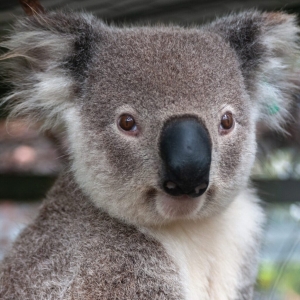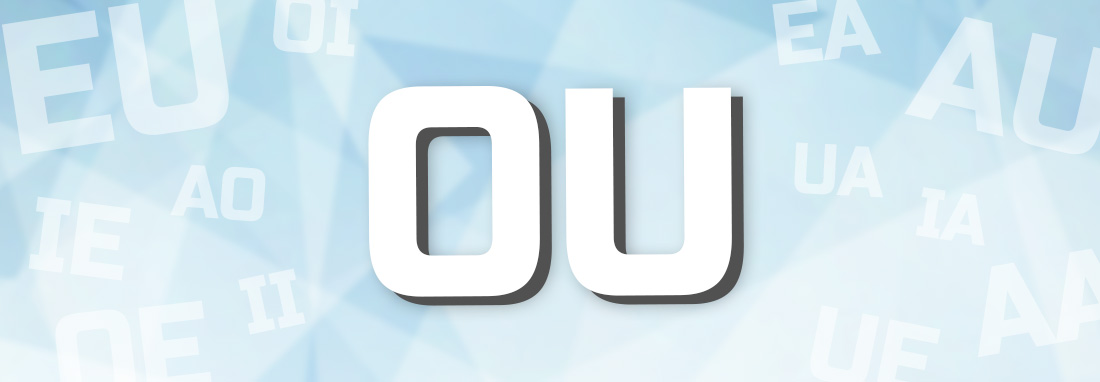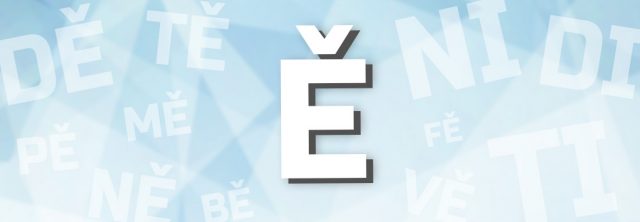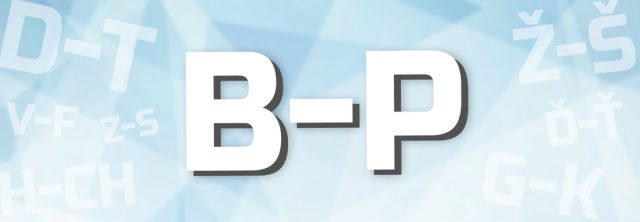A diphthong is a sound formed by the combination of two vowels (a, e, i, o, u) next to each other. The most common ones are au, ou and eu. Unlike other languages, Czech strictly keeps the sound of both individual vowels.
AU
The first common diphthong is au with both a and u keeping the sound. It is like English loud or house.

car

author

sauna

clown
OU
The diphthong ou is most commonly used in originally Czech words. The pronunciation is like English doughnut or drone.

mushroom

flour

parrot

puddle
EU
This diphthong appears only in borrowed words and is not as frequent as the above-mentioned ones. There is not an English equivalent to eu sound.

euro

eucalyptus

museum

tyre
Other diphthongs
Other diphthongs can exist in the language but are less frequent than the others. These can include ie, ia, eo, uo, ue, ai etc.

koala

duel

gallery

cocoa
Two same vowels side by side
It can happen that certain grammar rules lead to altering words in such a way that there are two vowels next to each other (aa, ee, ii, oo, uu). Despite being quite common in English (door, peel, vacuum), it is rather rare in the Czech language. In that case, the two vowels are pronounced individually with a short pause.
The next lesson will inform you on the assimilation, how certain letters can be pronounced slightly differently.
- au – autobazar, pauza, fauna, Laura, Santa Klaus
- ou – proutek, housenka, bouda, kouzlo, kroupy
- eu – eufemismus, europoslanec, farmaceutika, aneurysma, neutron
- a. – aerosol, laik, São Paulo
- e. – teolog, kofein, Beáta
- i. – liána, trio, Francie
- o. – toaleta, pointa, Noe
- u. – druid, duo, Papua Nová Guinea









